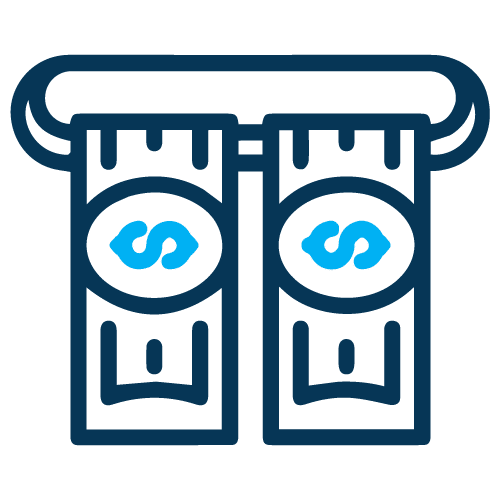
Datanamix | AML Sanctions Screening
AML Guide for the Insurance Industry
We outline why the insurance industry is a prime target for money laundering, and the associated legal framework to detect and prevent it.
AML Guide for the Insurance Industry
Money laundering and insurance companies
Insurance companies are at risk of falling victim to money laundering criminals because they can:
- Structure transactions
- Enforce appropriate reports, and
- Force employees to collaborate to create the appearance of legitimacy
Single-premium
contracts
Annuity policies & other high-premium saving vehicles
These are also used as a tool for money laundering. By purchasing a product with illegally acquired funds, criminals can receive legitimate income once they begin receiving income from the insurance contract.
Cooling-off
periods
Top-ups
Top-ups, i.e. when someone pays a small initial premium to avoid attracting any regulatory attention - only to then offload additional payments - is another way that criminals use the insurance industry to legitimise illegal funds.
Transfer of ownership
Criminals can also launder money through insurance companies by transferring the ownership of insurance policies, taking out policy loans, or selling their life insurance policy to customers in poor health in the illegal third-party market.
- Know Your Customer (KYC)
- Sanctions screenings
- Transaction monitoring
- Appropriate supervision
All insurance companies are required to establish KYC procedures so they can identify the individuals they are doing business with and assess the risk level associated with working with them.
This process involves the following:
- Collecting personal information to verify an individual’s identity;
- Verifying that the credentials received are valid and accurate;
- Identifying individuals, legal entities, and foundations that purchase an insurance product; and
- Verifying the ultimate beneficiary ownership
As they collect this information, employees should assess the risk level associated with each customer. Does the purpose of the insurance policy seem suspicious, or is the product that they are purchasing one that is commonly associated with money laundering?
Sanctions screening means insurance companies must verify that a potential customer does not appear on a list that shows individuals or other entities that are barred from purchasing certain life insurance products.
- Every life insurance firm must have sanctions screening measures incorporated into their AML programmes block transactions or freeze assets if necessary.
- Insurance firms may be required to report the attempted purchase of a life insurance policy to the relevant authorities.
- Insurance companies must focus on the sanctions lists that align the most with the risks presented by their specific customers and their jurisdiction.
- Screening must occur during customer onboarding.
- PLUS there needs to be ongoing screening measures to identify any changes in a customer’s risk profile.
- Should a potential client matche to a sanctions list, your insurance organisation must have a procedure in place to confirm their identity and verify they should indeed be on that list.
Transaction monitoring is another key aspect of AML compliance for insurance companies.
- Per the Bank Secrecy Act, insurance companies must monitor transactions related to permanent life insurance policies, annuity contracts, and any other insurance product that accumulates cash value or has investment features.
- Insurance companies must file suspicious activity reports (SARs) with the Financial Crimes Enforcement Network.
- The information on the form must contain client information from a wide variety of sources, including insurance brokers and agents.
- There is a threshold of $5 000, and the form must be filed if there are red flags such as
- An insurance product that does not meet a customer’s needs
- An early surrender where the customer pays a penalty
- Payments or refunds directed to a third party
- Unusual payment methods and reluctance to provide personal information during the buying process
- To ensure all measures above are properly implemented and enforced, there needs to be adequate supervision within the insurance company.
- The board of directors is responsible for executing the AML programme, as well as hiring an AML compliance officer.
- Insurance companies must ensure that AML risks are being managed and monitored and that all activities are performed in a compliant manner.
- The compliance officer should have expertise relating to AML processes and should serve as a resource for the company when designing and implementing its compliance programmes.
